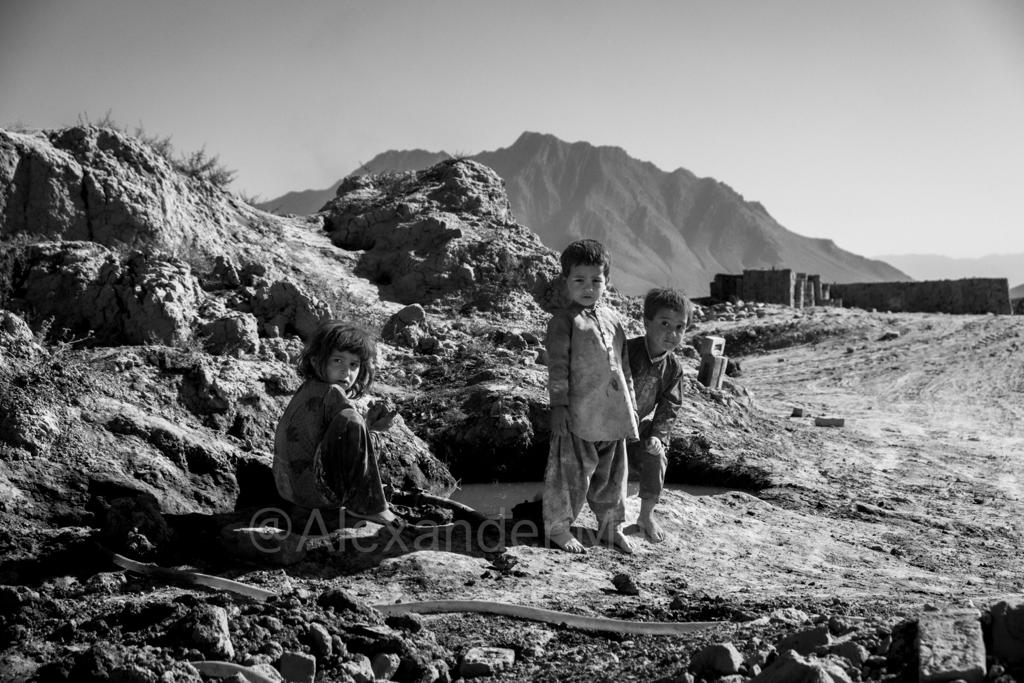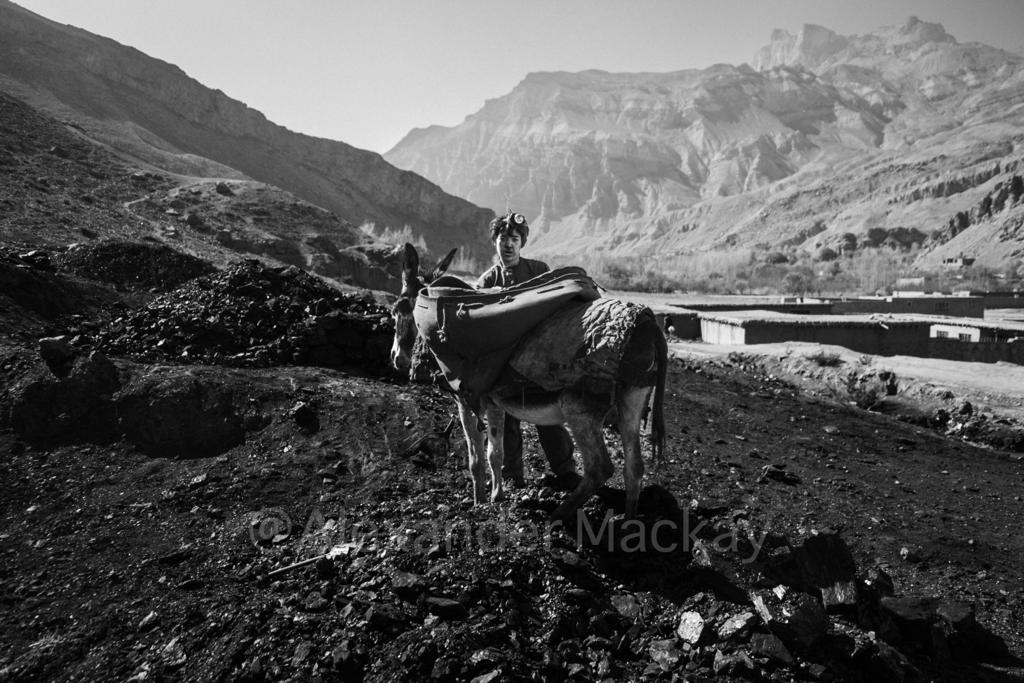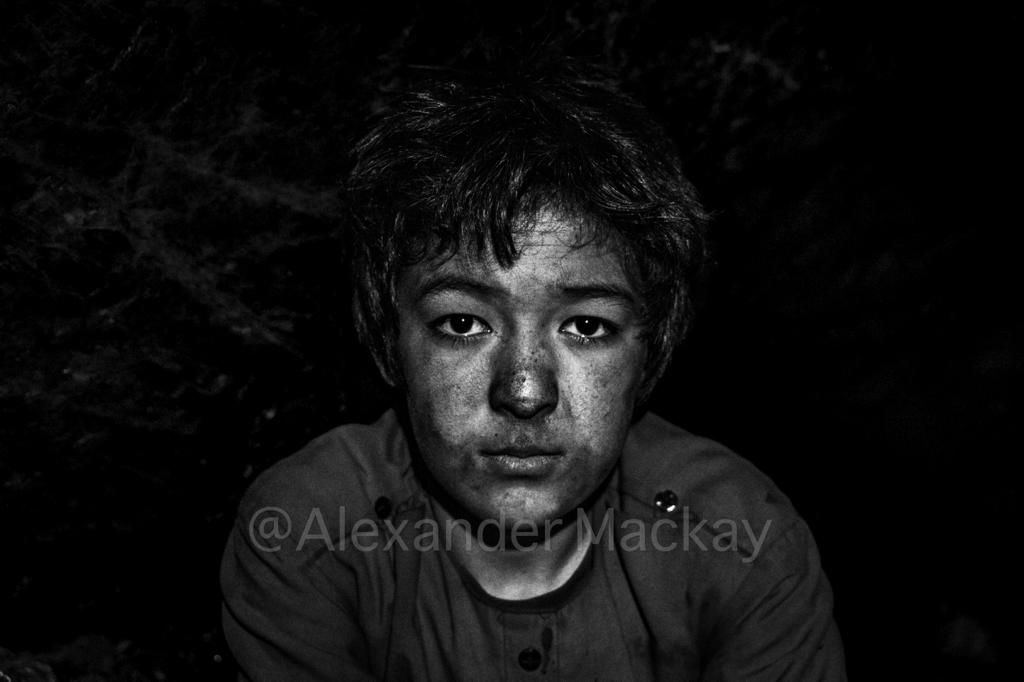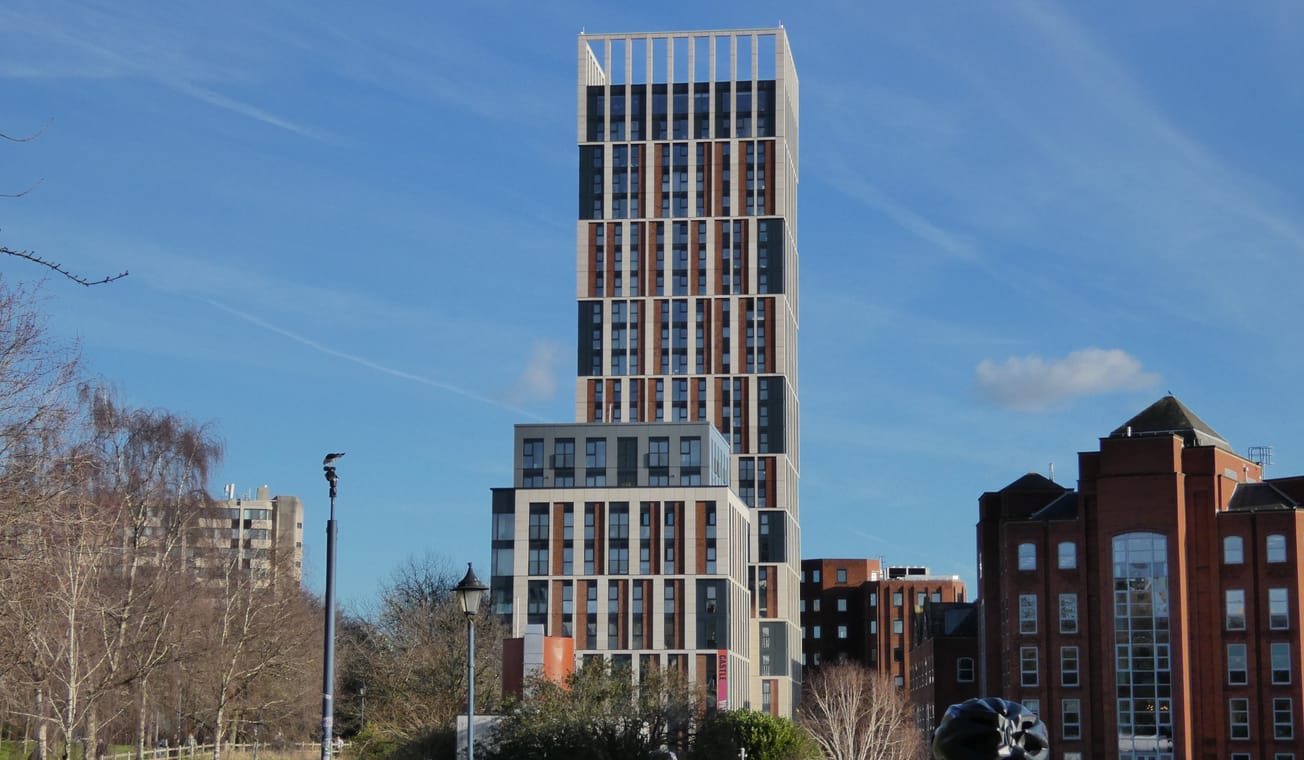By Milan Perera, Arts Critic Columnist
Alexander MacKay got in touch with me after making the journey from Preston for a short trip in Bristol to catch up with some old familiar faces. He promised to meet me at the Beckford Café on a cold Wednesday evening. I have been attempting to touch base with MacKay for well over a month, after reading a full-length article he wrote on child poverty in Afghanistan. When I finally shook hands with him on the steps of Beckford Café, he seemed friendly and composed, at ease at his alma mater.
Student activism abroad has been the subject of recent scrutiny, labelled as CV-grifting, unashamed self-promotion and hollow performative gestures that fail to address actual issues. Bristol alumni Alexander MacKay seems to mark an exception to this perception, having turned his back on a prospective career in accounting in order to travel to Afghanistan to see the issues at play with his own eyes.

After graduating with a 1:1 in Politics, MacKay was equipped with the theoretical tools to analyse the vicious cycle ingrained onto the social fabric of the developing world.
Having abruptly decided to travel to Afghanistan with a university friend, he received a start-up grant of £1000 from the University. But the flight costs, visa fees and every other imaginable expense punctured a substantial hole in his wallet.
'In his documentary, MacKay wishes to raise awareness and funds for the imminent and disproportionate climate threat faced by countries in the Global South'
In order to secure a visa for Afghanistan, MacKay had to first fly to Pakistan. When he was in Pakistan in September 2022, in the aftermath of the floods, he could not believe the magnitude of the situation. He was equally surprised at how little the catastrophe was being reported in mainstream western media outlets compared to other conflicts. It was this unexpected detour that led him to his main project.
Currently, MacKay is in the process of editing his documentary about his visit to Pakistan and Afghanistan. It showed, according to him, a clear manifestation of the climate crisis. ‘If anyone is in doubt, the evidence is right in front of us’, he says.

His investigation in Pakistan has two key objectives: to demonstrate how countries in the developing world bear the brunt of the impact of the climate crisis and to confront the negligence by media, politicians and charity organisations to the situation occuring in Pakistan.
He breaks down the figures for me: ‘World Meteorological Organisation have used computer simulations to indicate that climate change has led to Pakistan receiving more than 300 times more rain in its 30-year national average.’
‘Pakistan only emits 0.7 per cent of global greenhouse gasses, yet this flooding from climate change has been estimated to cost the country over $30 billion.’
'Pakistan is now bracing itself for severe famine, with almost half of its population having no income for the next year'
MacKay names and shames the biggest culprits in the climate crisis. Over 30 million people in Pakistan have been affected and over 6.4 million people are in need of immediate support. For a black hole in Pakistan’s economy as big as $30 billion, the response from the international community has been tepid for the best part, compared with other recent global crises. China, whose contribution to greenhouse gas emissions clocks in at a staggering 30.7 per cent, has contributed only £50 million, despite having the world’s second highest level of GDP at $17.73 trillion dollars.
In his documentary, MacKay wishes to raise awareness and funds for the imminent and disproportionate climate threat faced by countries in the Global South. Pakistan is now bracing itself for severe famine. Agriculture makes up 20 per cent of Pakistan’s GDP and employs 40 per cent of the population—almost half of its population will have no income for the next year.

He told me that he only knew he would be travelling around Afghanistan alone two days prior to his departure, as his friend became involved in a separate project. The objective of MacKay’s article and documentary with regards to Afghanistan is to highlight the extreme circumstances faced by this generation: robbed of their childhoods and forced to work in precarious conditions for inhumane lengths of time with inadequate pay, in order to provide for their families.
He is under no illusion that the Taliban rule has turned the clock back for Afghanistan by several decades in terms of women’s rights. But he is equally convinced that sanctions against the Taliban will have little impact in changing the country’s political landscape, which has been a war zone for the last 20 years. Instead, the people who bear the brunt of the sanctions are ordinary civilians.
'Don’t let your personal circumstances define you. Persevere and enjoy the journey.'
He travelled to brick making plants in Deh-Sabz, a North-Western district of Kabul, and coal mines in Dari-Suf, despite warnings from his guide that these were high-risk areas. He recounts stories of children who have grown beyond their age working in unsafe environments to keep their families fed. On his return, he set up a fundraising page for the victims of the recent floods in Pakistan.
But he has no pretensions of a white saviour. Instead, he is determined to engage more people in the dialogue about the wider implications of climate change and the inconvenient truth of child labour.

Asked if he has any advice for the current undergraduates at the University of Bristol, his message was simple and clear: ‘make your opportunities count.’
His own story is nothing short of inspiring, as he recounts a troubled upbringing in Preston where it seemed that everything was conspiring against him. He left school at 17, but went on to pursue his A Levels as a private candidate. He studied independently until the early hours of the morning whilst working full-time in a restaurant, and without teachers or even money to pay for the exams, he had to borrow £2000 from his mother who was already struggling financially. He had never travelled to Bristol before, but instinct told him to apply.
Alumni Series: Interview with wildlife and TV presenter Miranda Krestovnikoff
Alumni Series: Interview with Tiegan-Bingham Roberts
His friendly advice is far from didactic – ‘Once it’s gone, it’s gone.’ He took part in a myriad of student activities from cheerleading, scuba diving, rowing and volunteering for disadvantaged children. ‘Make sure you do your uni work as well’, he encourages.
His final advice to his fellow Bristolians is: ‘You are living in an amazing city. I fell in love with the city the moment I set foot here. Don’t let your personal circumstances define you. Persevere and enjoy the journey.’
There was a note of delight in his voice when he told me that his documentary is almost complete.
MacKay’s full feature articles can be accessed here.
Featured Image: Alexander MacKay









